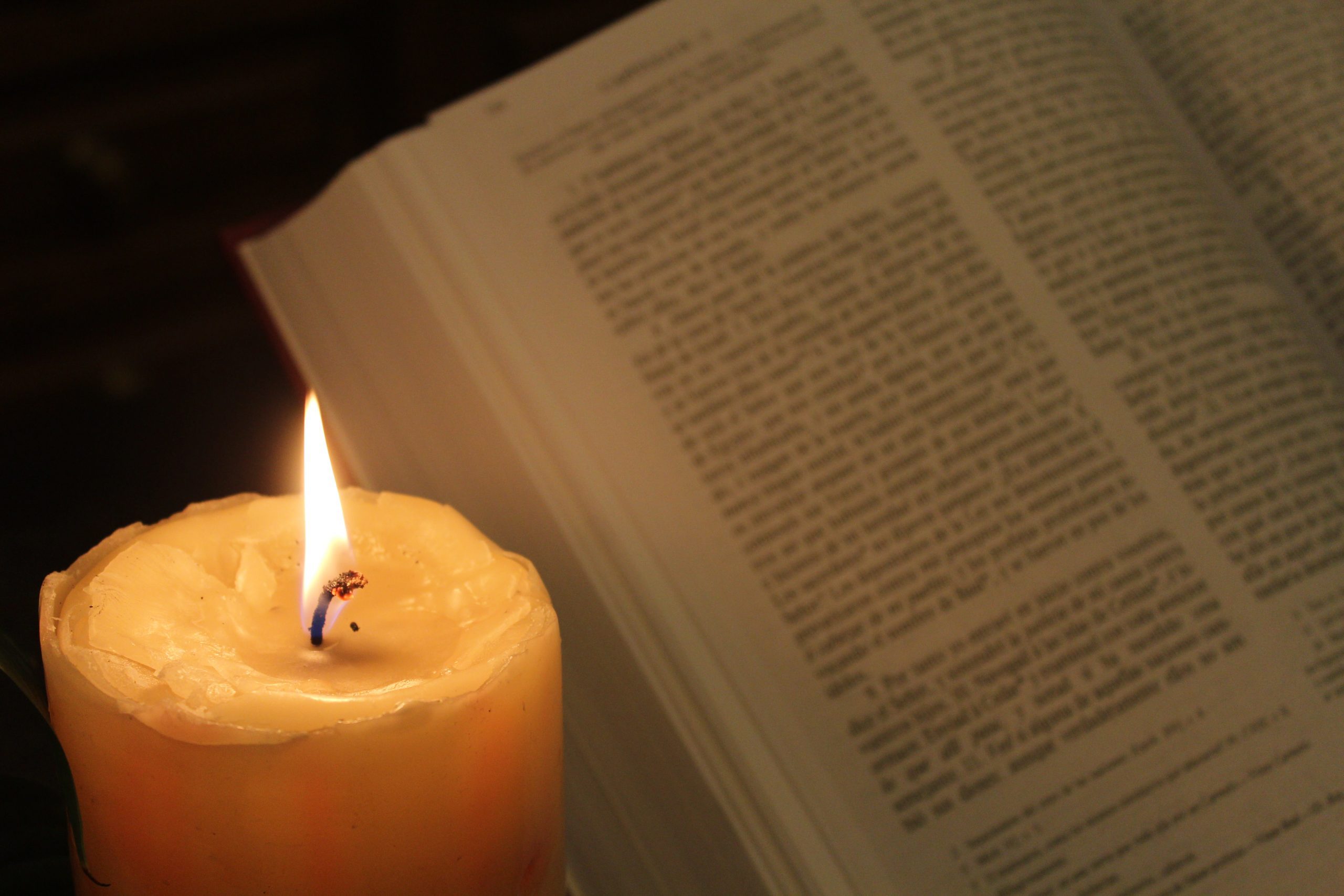2nd Sunday of Easter
Homily on 2 nd Sunday of Easter/Divine Mercy Sunday
St. John Paul II Parish, Cedar Springs, Michigan
Mary Queen of Apostles Parish, Sand Lake, Michigan
Father Lam T. Le, Pastor
April 11, 2021
“He breathed on them.”
(Jn 20:22)
In the year 2000, after the canonization of St. Faustina, the Disciple of Divine Mercy,
Pope John Paul II announced that from now on the Second Sunday of Easter has the
appellation “Divine Mercy Sunday.” It is important to note that the Pope did not request
new proper prayers for the Mass or make any addition to this Solemnity. Thus, we can
draw this conclusion: the liturgy of this Sunday is sufficient to reflect on the Divine
Mercy. For this reason, our focus must be on the Collect of the Mass:
God of everlasting mercy,
who in the very recurrence of the paschal feast
kindle the faith of the people you have made your own,
increase, we pray, the grace you have bestowed, that all may grasp and rightly
understand
in what font they have been washed,
by whose Spirit they have been reborn,
by whose Blood they have been redeemed.
Through our Lord Jesus Christ, your Son, who lives and reigns with you in the unity of
the Holy Spirit,
God, for ever and ever. R. Amen.
Let us reflect on three descriptions: God as “everlasting mercy;” we as “the people you
have made your own;” and finally we ask to “rightly understand.”
First, addressing “God of everlasting mercy” echoes Psalm 118 which was sung at the
Easter Vigil after the Church solemnly intoning the “alleluia” after 40 days of
suppression during the season of Lent. This Psalm is repeated so often during the
Eastertime. In fact, it is our responsorial psalm for the Mass this Sunday reminding us:
“Give thanks to the LORD, for he is good, his mercy endures forever” (Ps 118:29).
God’s mercy is not just today or tomorrow; it endures forever! This is why the Collect
begins “God of everlasting mercy.”
Second, we are described as “the people you have made your own.” The description in
Latin is sacratae tibi plebis. Literally, the people consecrated or made sacred to you.
Being consecrated to God means simply that He takes us for Himself or to Himself.
This is truly the gracious action of God. The “Grace” was bestowed on Easter,
especially in the Sacraments of Christian Initiation of that day.
Third is the understanding that we are asking: “in what font they have been washed, by
whose Spirit they have been reborn, by whose Blood they have been redeemed.” See
how the grace of God reached out to our brothers and sisters at the Easter Vigil to make
them the sacratae tibi plebis. We are asking for the renewal or a deepening our
understanding of what happens to us at the font, the significance of the gift of the Spirit
given to us, and finally the redemption happening when we receive the Body and Blood
of Christ in Holy Communion at each Mass.
This then is the 2 nd Sunday of Easter or Divine Mercy Sunday, or the “Mystagogy
Sunday.” It is so because it is where the grace bestowed initially may be more fully
grasped and rightly understood. It also implies that we can misunderstand God’s grace.
So, on this Octave Day of Easter, let us ask for the essential: font is the womb of Mother
Church; Spirit is the gift that the resurrected Lord just like “He breathed on” the
disciples, may He breath the gift into the Church gathering today. Finally, blood is the
God made man who continues giving Himself to us in the flesh. So, having His blood in
us we are sacratate tibi plebis.
It is truly and rightly to address “God of everlasting mercy.” Amen.
Scriptural Readings: Reading I Acts 4:32-35; Responsorial Psalm 118:2-4, 13-15,
22-24; Reading II 1 Jn 5:1-6; Alleluia Jn 20:29; Gospel Jn 20:19-31

